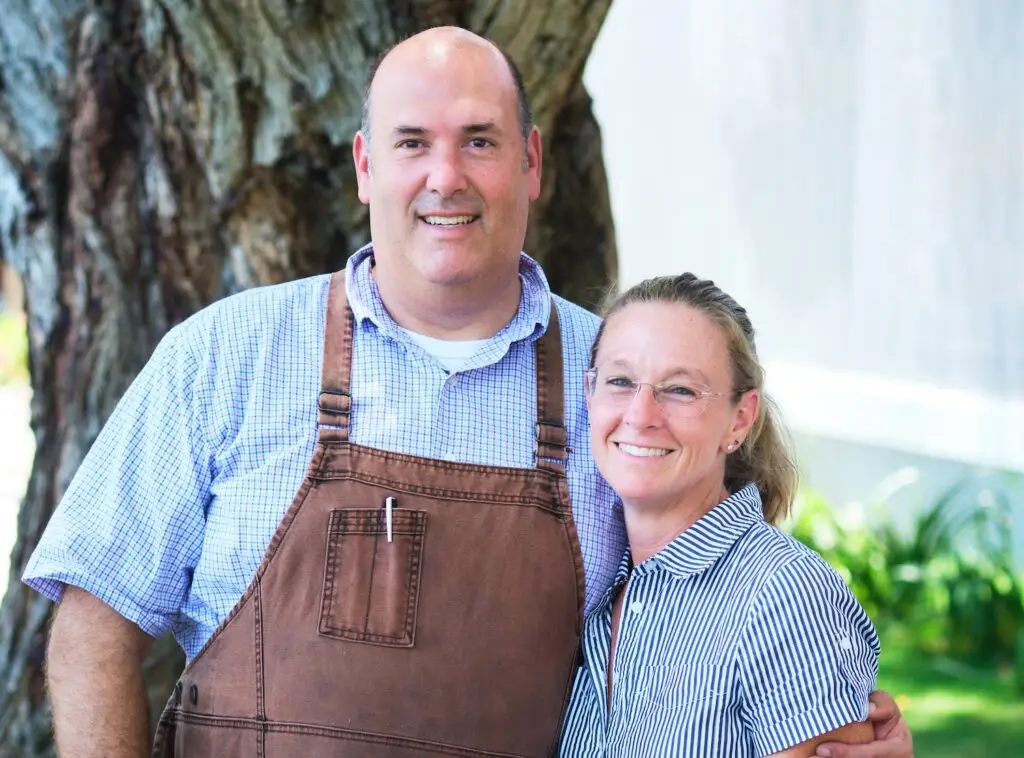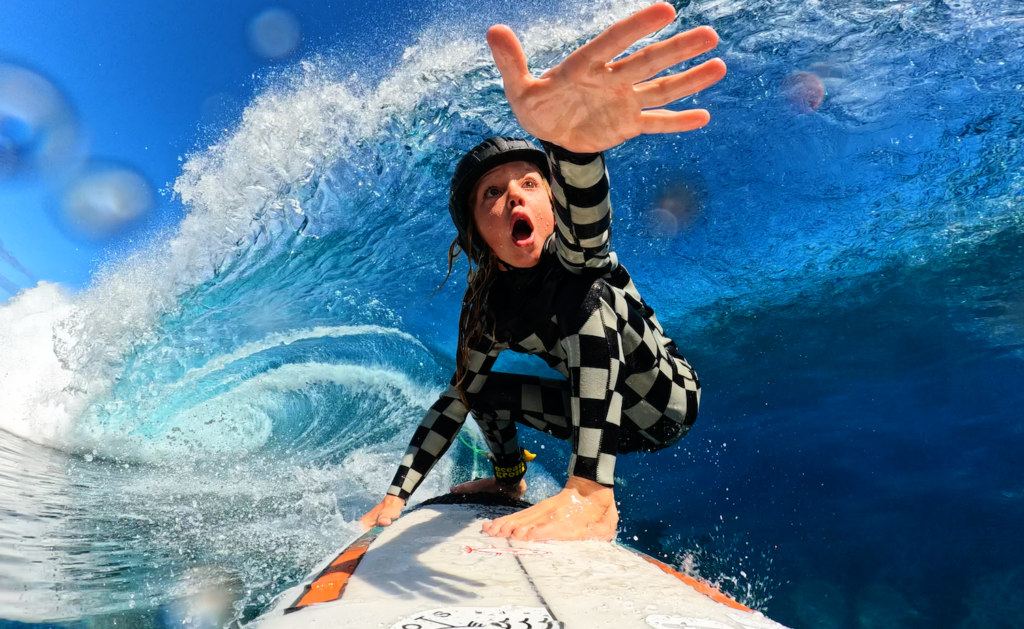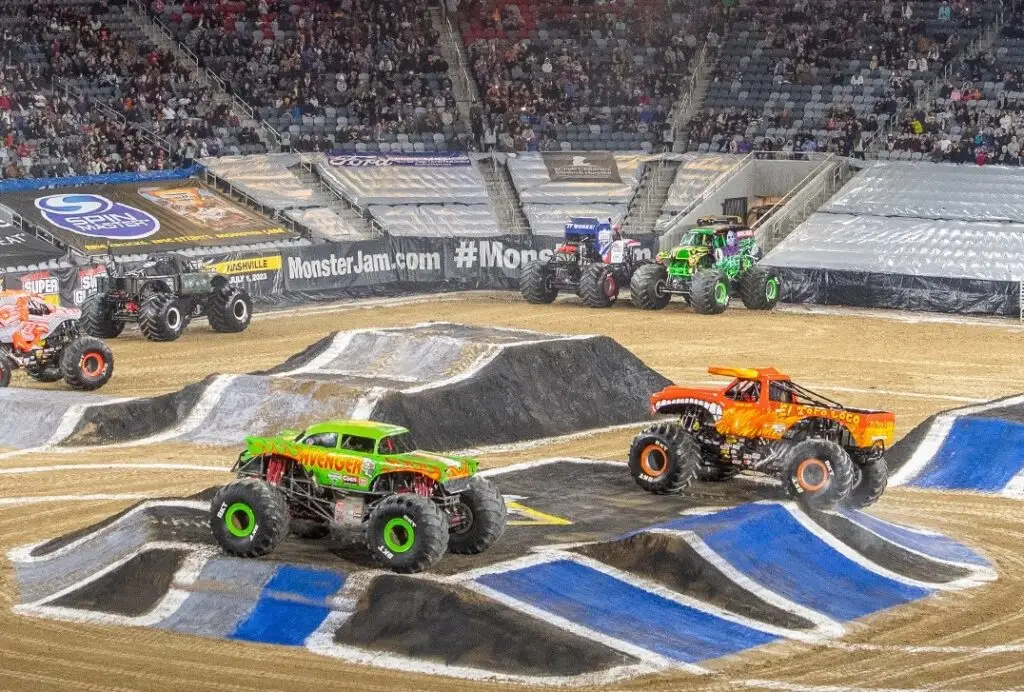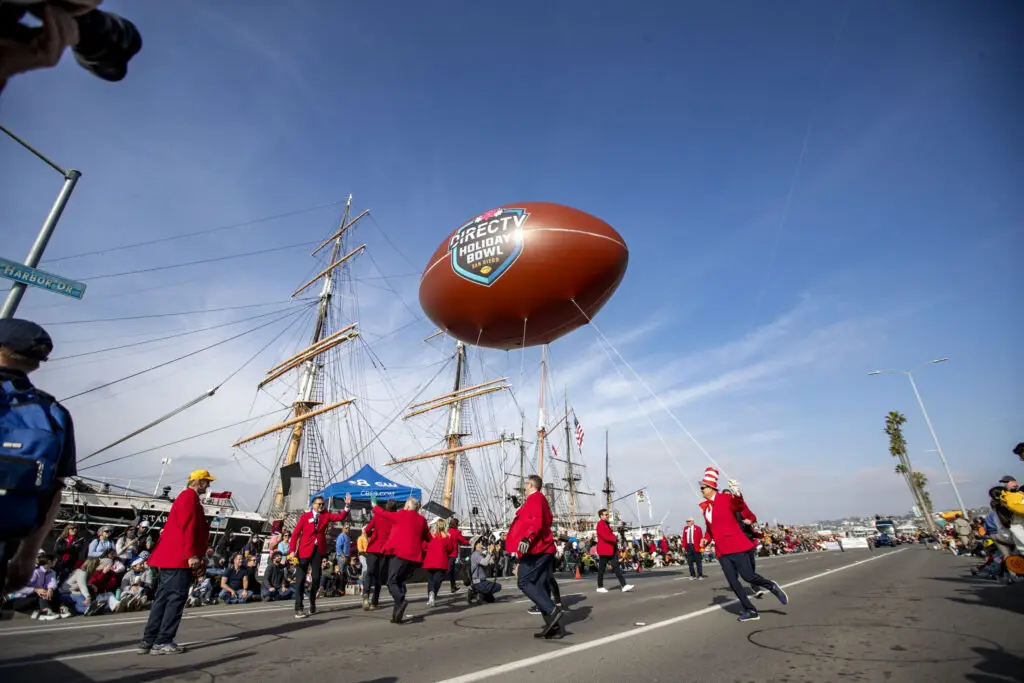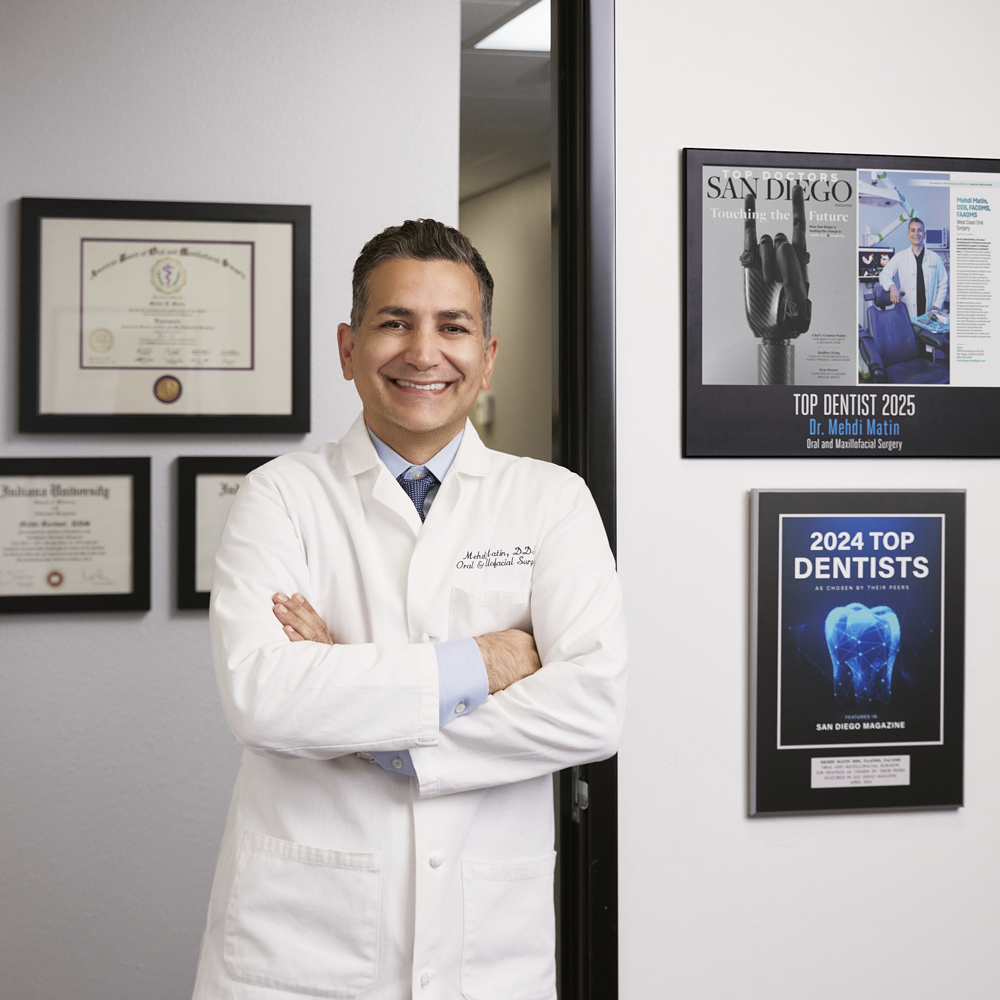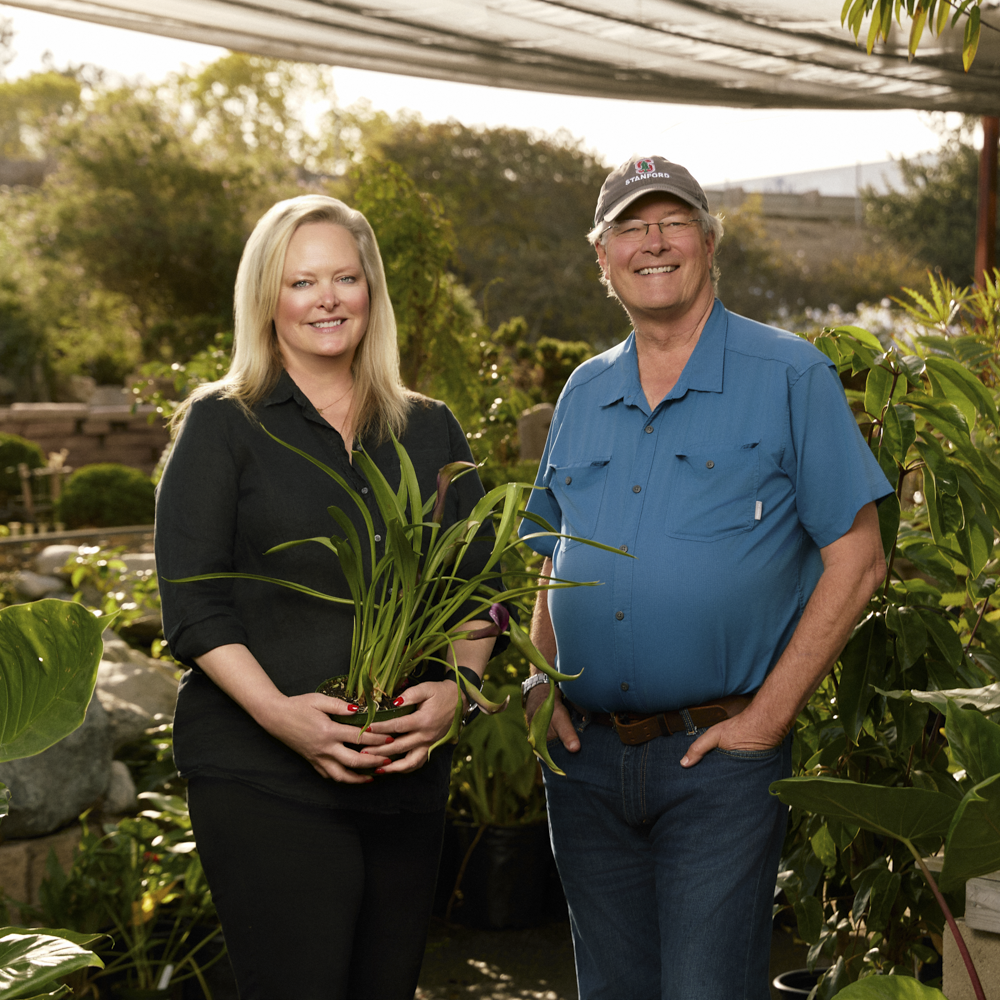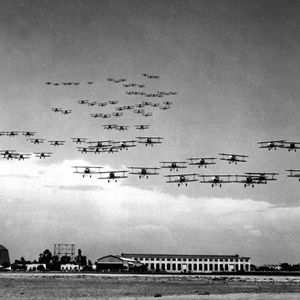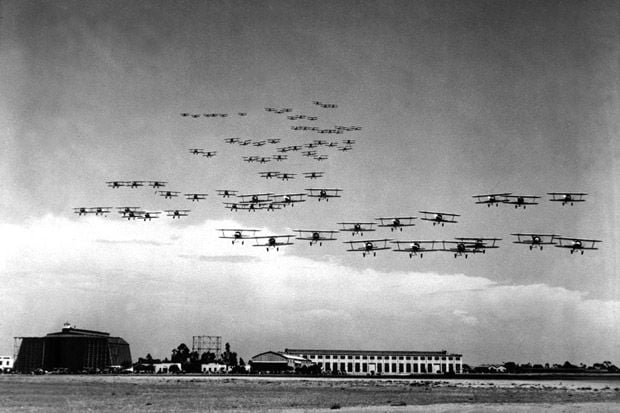
Navy planes flying on January 28, 1930

Vintage San Diego: Free Wheelers
San Diego became “the birthplace of naval aviation” after May 8, 1911, when the Navy commissioned Glenn H. Curtiss to build the original A-1 Triad, a hydroaeroplane “fitted for rising from or alighting on land or water,” according to historical documents. Prior to this, Curtiss used the flat terrain now known as Naval Air Station North Island and its protected stretches of water as his aviation school, where he trained Lieutenant Theodore Gordon Ellyson, the Navy’s first official aviator. During the 1930s, pilots attempted to bring an aviation consciousness to the public, featuring the San Diego base in several Hollywood films, as well as hosting air shows. One of these events occurred on January 28, 1930 (pictured), when a flyover by the Battle Fleet’s Fighter Wing put military aviation on display for an audience of local bigwigs, Naval officers, and base dignitaries. These training exercises would soon grow in importance as a source of combat tactics and logistical systems that would lend support to the Pacific front in WWII.
By the numbers
1911
Theodore Gordon Ellyson completed training with Glenn Curtiss and became Naval Aviator No. 1.
62
Number of plane crashes Ellyson survived before dying in his 63rd, on his 43rd birthday in 1928
2011
Naval Air Station North Island (NASNI) celebrates 100 years of naval aviation
18,567
Total personnel working at NASNI
23
Squadrons, with 12 to 24 aircraft i n each, supported by Naval Base Coronado
2013
The year Naval Base Coronado won the Secretary of the Navy’s Environmental Award for Natural Resources Conservation for Large Installation
PARTNER CONTENT


